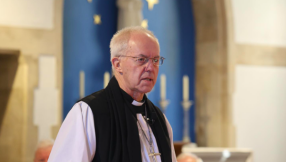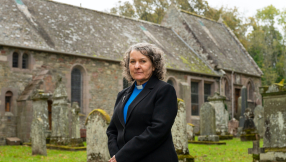Two new Jewish psalms dating to before the eighth century BC discovered on an Egyptian papyrus are granting a unique insight into the religious life of the Israelites, according to scholars working on them.
The discovery of three Israelite psalms, two of which were previously unknown, is 'one of the most spectacular discoveries in ancient Near Eastern studies of recent years', according to Karel van der Toorn, professor or religion and society at the University of Amsterdam, who explained the find at the American Schools of Oriental Research (ASOR) website.
While they have been known for more than a hundred years, it is only recently that they have been translated and made available for scholarly study.

The texts were found on an Egyptian papyrus, known now as Papyrus Amherst 63, from the middle of the fourth century BC. One psalm bears strong similarity to Psalm 20 as recorded in modern Jewish and Christian scripture, but the other two 'are completely new to us', van der Toorn said.
The texts are written in Aramaic, using Egyptian Demotic script, but irregularities in them reportedly suggest that they were originally in Hebrew. The songs invoke semitic language for God, invoking the name of 'Yaho' or 'Adonay' for the divine, and were intended for use at the Jewish Autumn harvest festival.
'The Merciful One exalts the great, Yaho humiliates the lowly one,' one psalm declares, marking Yaho's supremacy over both human destiny and other gods.
The discovery of the nature of the texts has taken over a century, van der Toorn said, because the papyrus is complex, utilising Aramaic language and Demotic script, and it was originally believed to be Egyptian. Papyrus Amherst 63 is described as the 'heritage' of two Aramean groups (who did not worship Israel's god) and one Samarian (Israelite) community sharing peaceful coexistence, before the fall of Samaria in 722 BC, which ultimately split the groups.
The papyrus, van der Toorn said, 'provides an entry into a vanished world. It contains the literary heritage of three communities that had once lived together but now seem worlds apart.'













